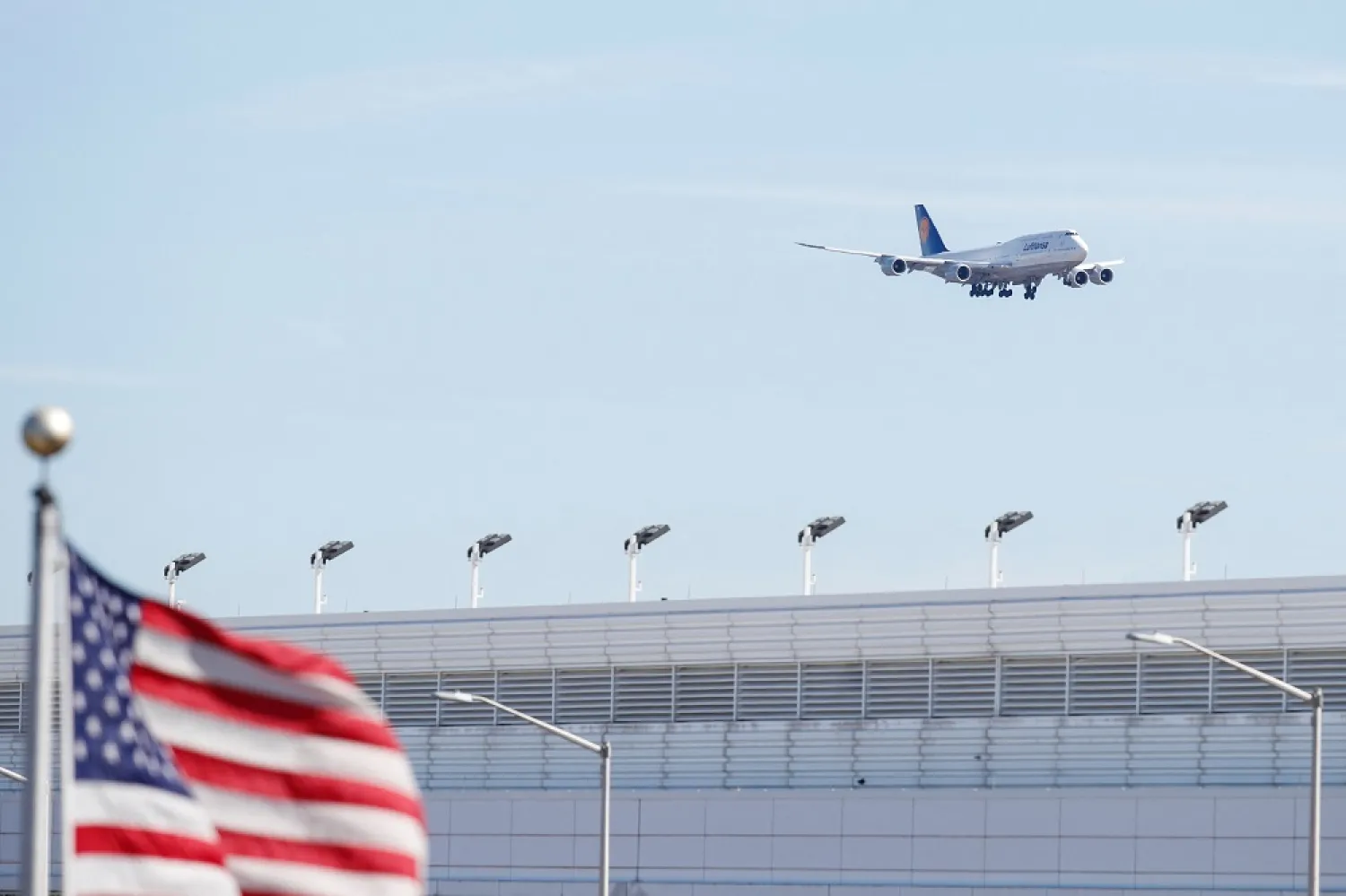The United States will drop from Sunday a 17-month-old requirement that people arriving in the country by air test negative for COVID-19, an official said, a move that follows intense lobbying by the airlines and the travel industry.
A formal announcement will be made later on Friday. The step comes as the busy summer travel season is kicking off and air carriers were already preparing for record demand. Airlines have said many Americans are not traveling internationally because of concerns they will test positive and be stranded abroad.
The Centers for Disease Control and Prevention (CDC) has determined that the science and data show the pre-departure COVID tests are no longer necessary, said the official, who declined to be named.
The measure will come into effect at 12:01 a.m. on Sunday and the CDC will reassess the decision in 90 days, the official said.
The United States has required incoming international air travelers to provide pre-departure negative tests since January 2021. In December the CDC tightened the rules to require travelers to test negative within one day before flights to the United States rather than three days.
The CDC has not required testing for land border crossings.
The official said, "If there is a need to reinstate a pre-departure testing requirement -- including due to a new, concerning variant -- CDC will not hesitate to act."
Many countries in Europe and elsewhere have already dropped testing requirements.
The CDC is still requiring most non-US citizens to be vaccinated against COVID to travel to the United States.
Two officials told Reuters the administration had considered lifting the testing rules only for vaccinated travelers.
Airlines for America, a trade group representing major airlines, said "lifting this policy will help encourage and restore air travel to the United States."
IATA, the world's biggest airline trade group, welcomed what it called "great news" that the administration is "removing the ineffective pre-departure COVID test for travel to the US."
In April, a federal judge declared the CDC's requirements that travelers wear masks on airplanes and in transit hubs like airports unlawful and the administration stopped enforcing it. The Justice Department has appealed the order but no decision is likely before fall at the earliest.
'Nonsensical'
American Airlines Chief Executive Robert Isom said last week at a conference that the testing requirements were "nonsensical" and were depressing leisure and business travel.
Many lawmakers had pressed the Biden administration to lift the testing rules, recently contacting senior White House officials to make the case.
"I’m glad CDC suspended the burdensome coronavirus testing requirement for international travelers," Nevada Senator Catherine Cortez Masto said.
Raymond James said in a research note that lifting the restrictions "is an important catalyst for international travel."
Delta Air Lines Chief Executive Ed Bastian told Reuters last week that dropping the requirements will boost travel, noting that 44 of 50 countries Delta serves do not require testing.
US Travel Association CEO Roger Dow said Friday's move will "accelerate the recovery of the US travel industry," which was hard hit by the pandemic.









